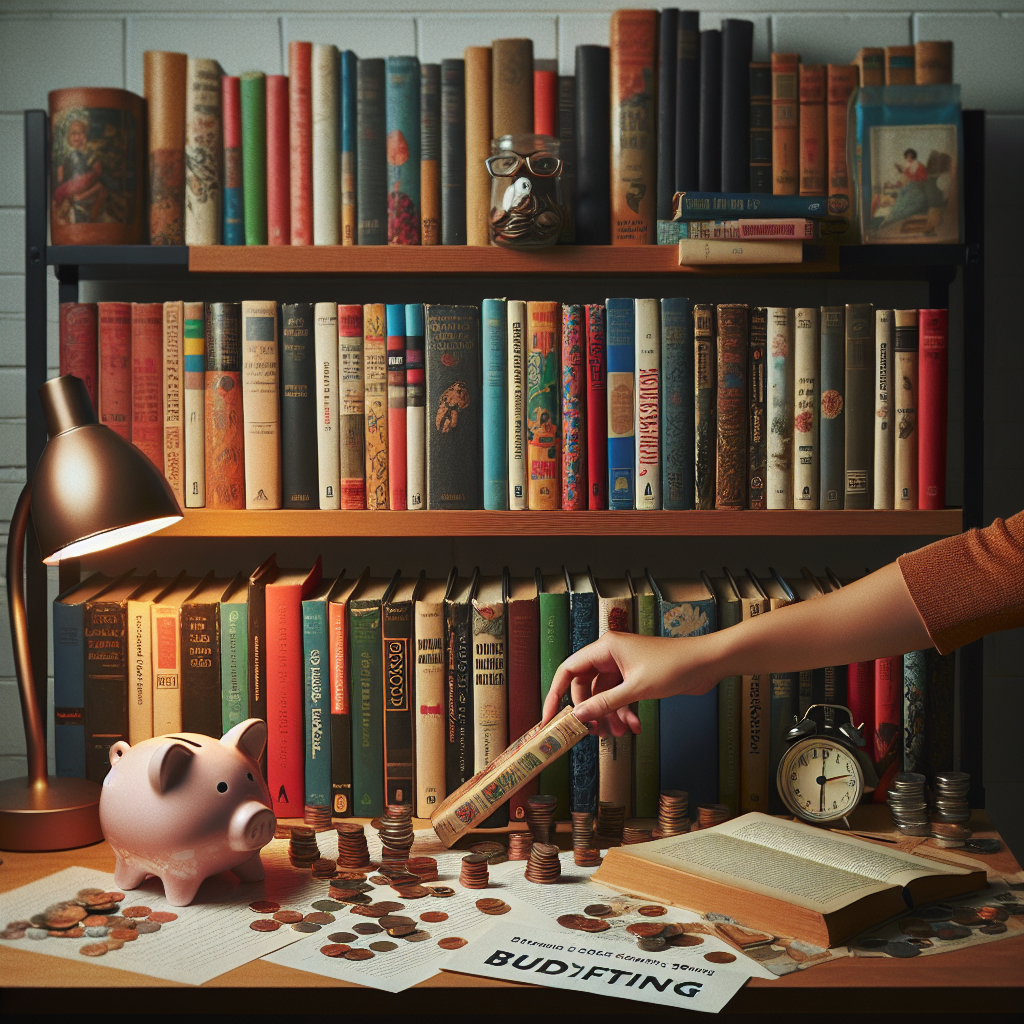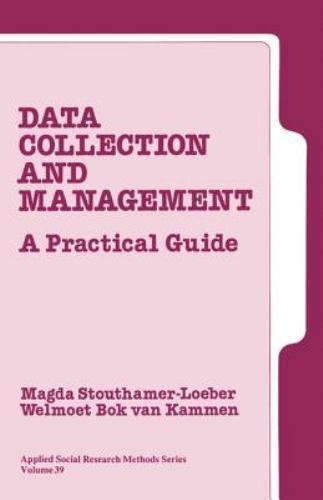Paperback books have been a beloved format for readers for decades. They are affordable, portable, and easy to collect. If you are interested in starting a collection of paperback books, there are a few tips and tricks to keep in mind to make your collection more enjoyable and valuable.
One of the first things to consider when collecting paperback books is deciding on a theme or focus for your collection. Some collectors choose to focus on a specific genre, author, or time period. This can help you narrow down your search and make your collection more cohesive and meaningful.
Another important tip for collecting paperback books is to pay attention to the condition of the books. Look for books that are in good condition, with minimal wear and tear, and no missing pages or covers. Books in good condition will hold their value better and be more enjoyable to read and display.
When shopping for paperback books to add to your collection, consider visiting used bookstores, thrift stores, and estate sales. These are great places to find hidden gems and rare editions at affordable prices. You can also search online marketplaces and auction sites for specific titles or editions you are looking for.
One trick for finding valuable paperback books is to look for first editions or signed copies. These can be worth more money and add a unique element to your collection. Keep an eye out for books with special features, such as illustrations, foil covers, or limited edition prints.
Organizing your collection is another important aspect of collecting paperback books. Consider categorizing your books by genre, author, or series to make it easier to find and display your collection. You can also create a catalog or database to keep track of your books and their value.
Overall, collecting paperback books can be a rewarding and enjoyable hobby. By following these tips and tricks, you can build a valuable and meaningful collection that reflects your interests and tastes. Happy collecting!











